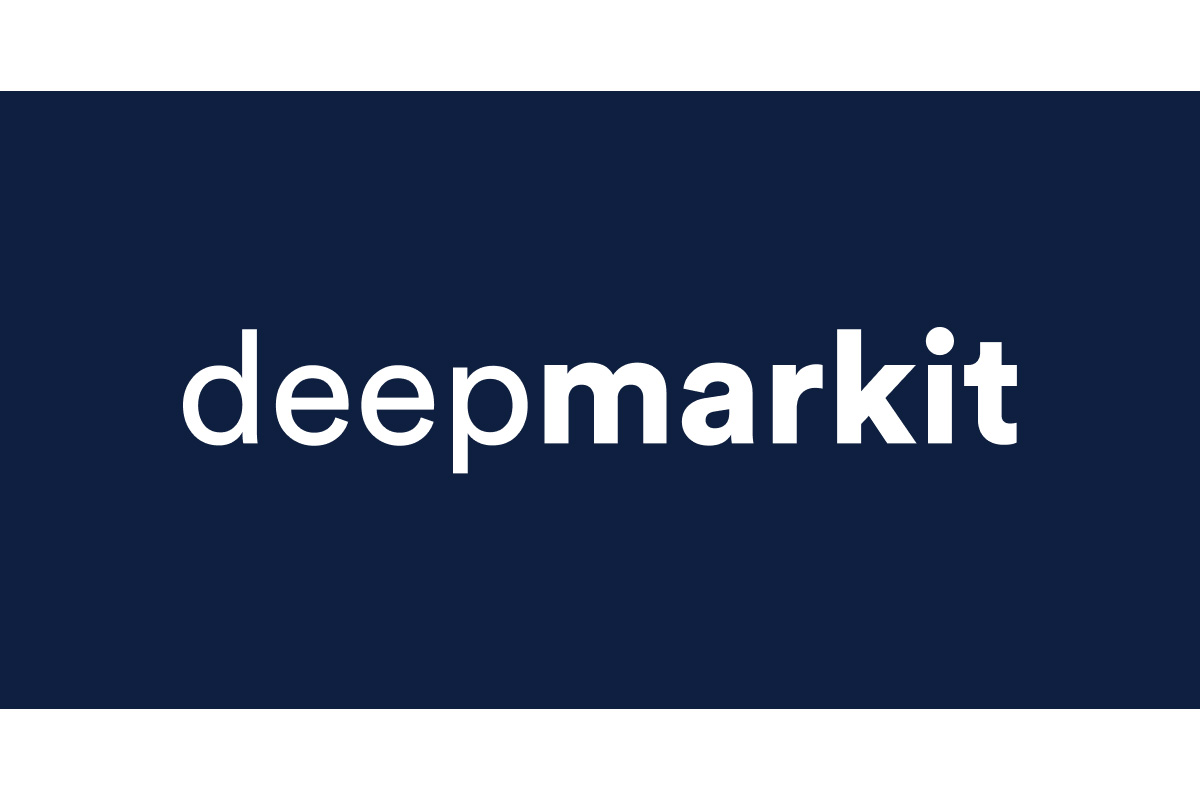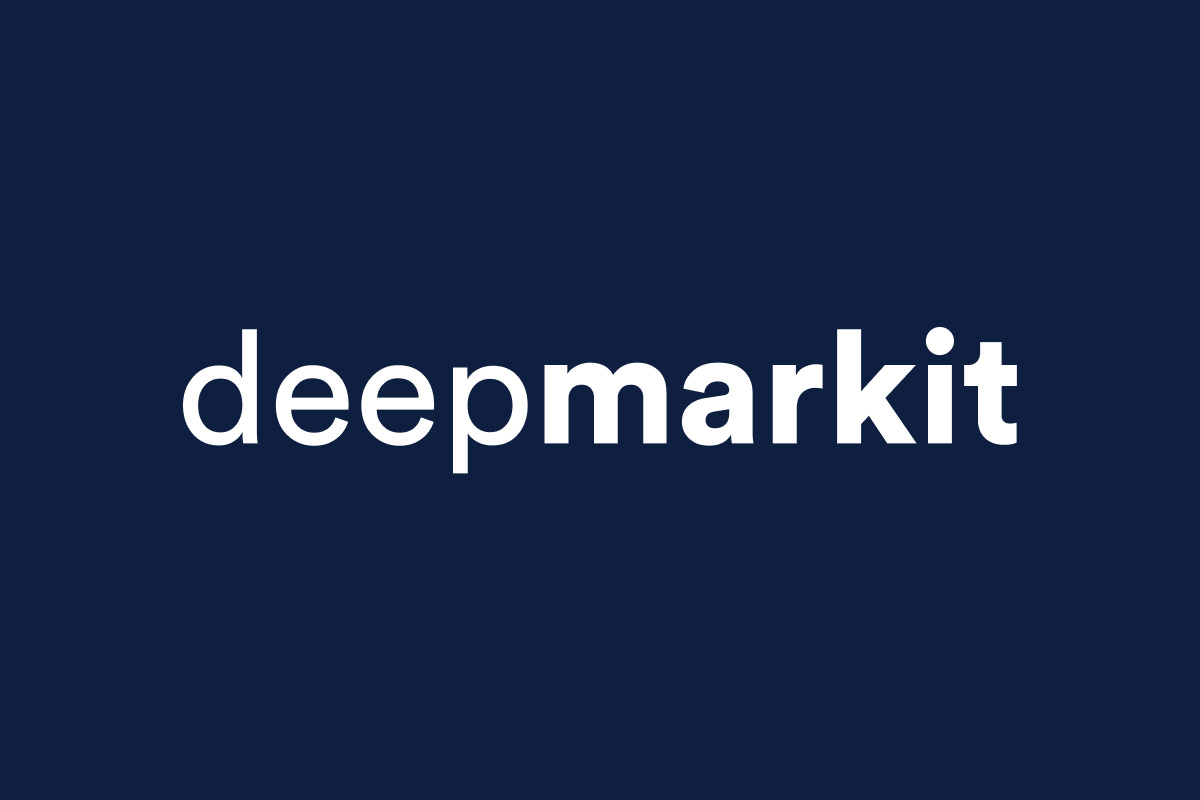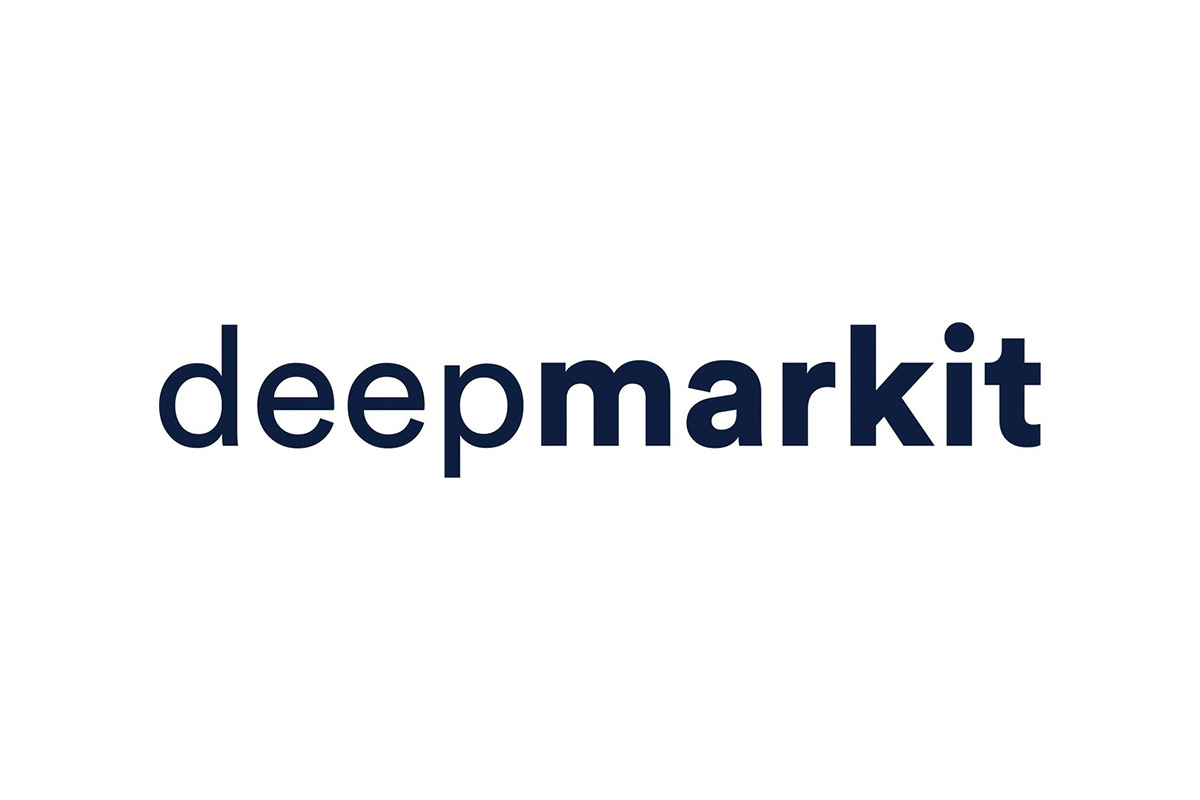DeepMarkit Corp., (“DeepMarkit” or the “Company”) (TSXV: MKT) (OTC: MKTDF) (FRA: DEP), a company focused on transitioning the global carbon offset market to the more accessible digital economy by minting credits into non-fungible tokens (“NFTs“), is pleased to announce it has recently undergone and successfully completed three different scenario-based tests (the “Minting Tests“) to mint carbon credits into NFTs via its MintCarbon.io platform. The Minting Tests were conducted in order to confirm the core functionality of the MintCarbon.io platform, which is nearing commercial launch.
As background, the NFT minting process for an offset credit is initiated by confirming and authenticating the credit on a carbon project registry. Upon verifying the offset credit’s authenticity, the user is then approved to mint it into a verified carbon credit NFT through the MintCarbon.io platform. Once minted, the user can hold, sell or retire their carbon credit NFT. A holder of an active carbon credit can retire it via a retirement contract on the MintCarbon.io platform. Retirement takes place seamlessly on both the blockchain and on the authenticating registry. When the underlying carbon credit is retired, the NFT’s residual value can become a function of the market’s perceived worth of its artwork and its underlying project details.
“These three successful minting tests are the final major step before being able to launch the MintCarbon.io platform on a commercial scale. The retirement, claim and hold scenarios demonstrate the versatility and optionality available to users of our platform. These successful trials showcase that we are able to deliver on our promise of bringing increased transparency and liquidity to the carbon credit markets in a fast and effective manner,” said Ranjeet Sundher, Interim CEO of DeepMarkit.
Carbon credits from the following projects were selected to be minted into NFTs:
- Fulton County Mud Road Landfill Carbon Project in the United States;
- Wind Power Project in Karnataka, India by OMWPL; and
- VTRM Renewable Energy Project in Minas Gerais, Brazil.
The Minting Tests consisted of three different scenarios – retirement, claim and hold – and involved the Gold Standard and Verra registries. The Minting Tests were also designed to evaluate the versatility and ease of use of the MinCarbon.io platform, as well as the compatibility of the MintCarbon.io platform’s software with the registries and the blockchain. Once minted, the carbon credit NFTs were then placed for sale on OpenSea.io and Rarible. In each test case, the Company’s wholly owned subsidiary, First Carbon Corp., obtained the underlying carbon credit in its account at the respective registry, with beneficial ownership remaining with each respective owner.
Retirement Test Buyer purchased an active carbon credit NFT from the Fulton County Mud Road Landfill Carbon Project certified by Verra on OpenSea (OpenSea Listing). They then desired to retire the active carbon credit NFT to offset one tonne of carbon emissions. Retirement Test Buyer sent the active carbon credit NFT to the retirement contract (polygonscan). Then, they received a retired carbon credit NFT on-chain (OpenSea Retirement). The Fulton County Mud Road Landfill Carbon Offset Project carbon credit was confirmed as retired by the Verra registry (Verra Retirement).
Claim Test Buyer purchased an active carbon credit NFT from the Wind Power Project in Karnataka by OMWPL certified by Goldstandard on Rarible (Rarible Listing). They desired to claim their active carbon credit NFT from the Wind Power Project in Karnataka by OMWPL and receive the carbon credit on the Gold Standard registry. Claim Test Buyer sent their active carbon credit NFT to the claim contract (polygonscan) along with their account details to the registry. Claim Test Buyer delivered the NFT and the underlying carbon credit was transferred on Gold Standard to their registry account.
Hold Test Buyer purchased an active carbon credit NFT from the VTRM Renewable Energy Project 1812 certified by Verra (OpenSea link). They desired to hold onto their active carbon credit NFT from the VTRM Renewable Energy Project. Hold Test Buyer was able to mint and hold the NFT for deposit at a future date.




